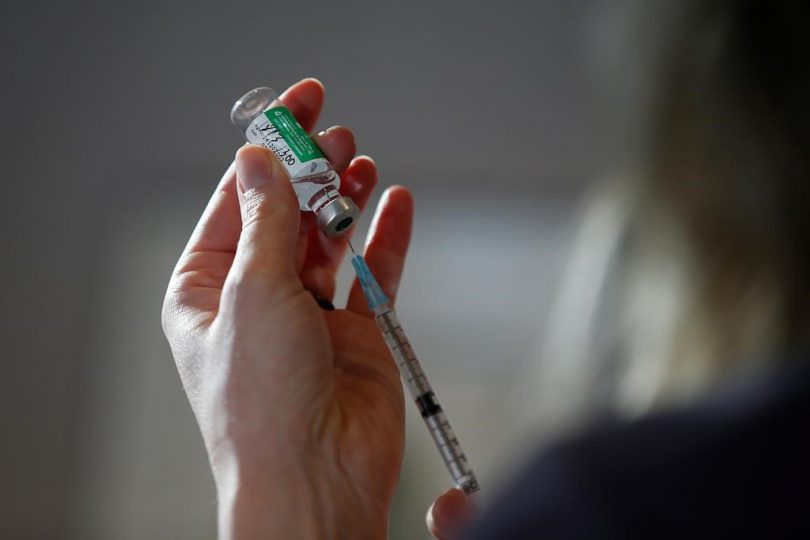VANCOUVER (NEWS 1130) – Of the people who have developed blood clots after getting either the Johnson & Johnson or AstraZeneca vaccines, nearly all of them are younger women, and it’s not yet clear why that is.
“There may be some sort of immunological link in how this condition came to be. But other than that, I think it’s too early for us to give a correct answer,” said Dr. Tony Wan, a thrombosis specialist at St. Paul’s Hospital in Vancouver.
Wan says it’s important to put the risks into context. Women taking birth control pills are around 200 times more likely to develop blood clots than people who receive the AstraZeneca vaccine.
“[With the] AstraZeneca vaccine, about four in one million people getting the vaccine will get this condition … About 900 in one million women on oral contraceptives gets blood clots,” he said.
Click here for the full story on News 1130.





